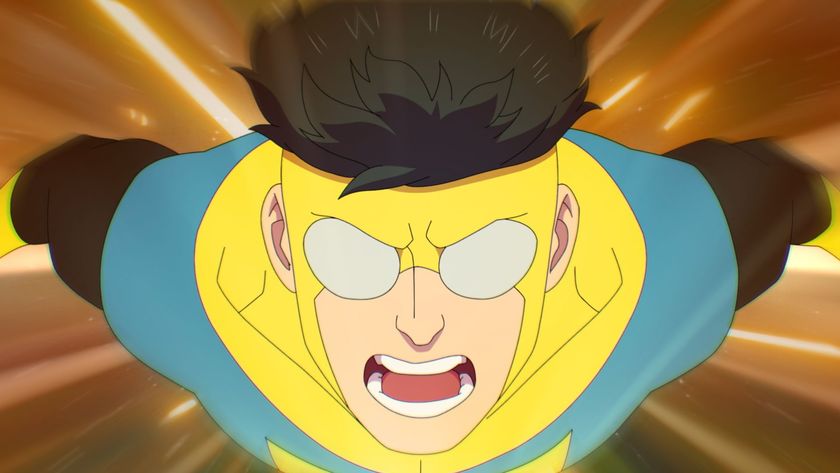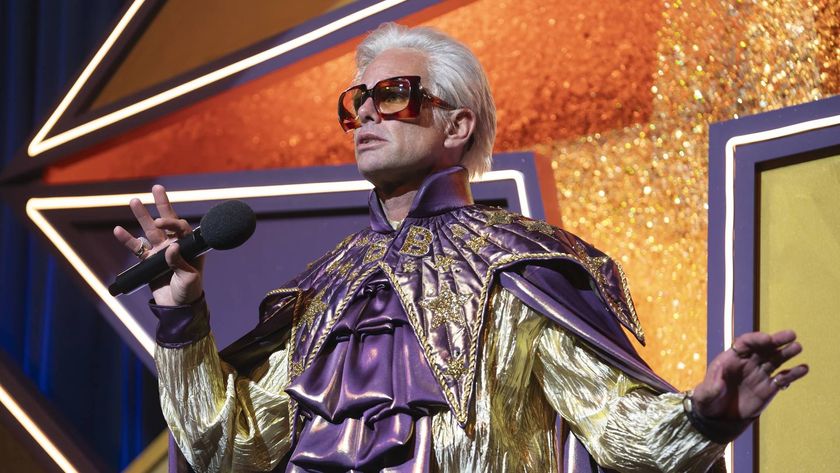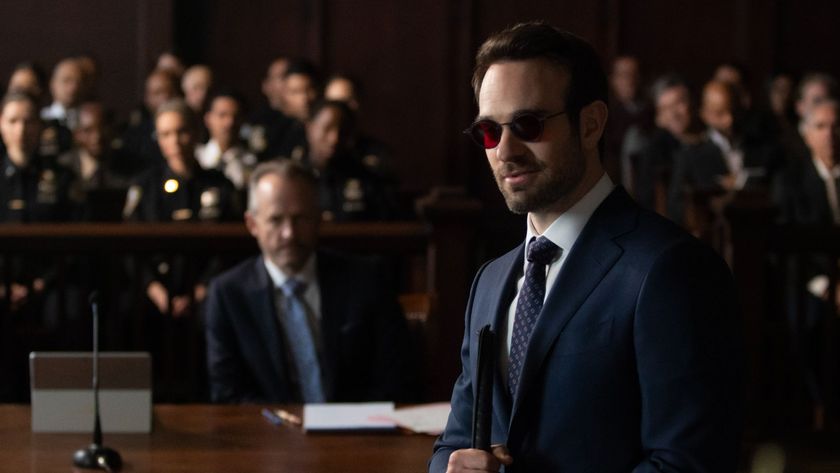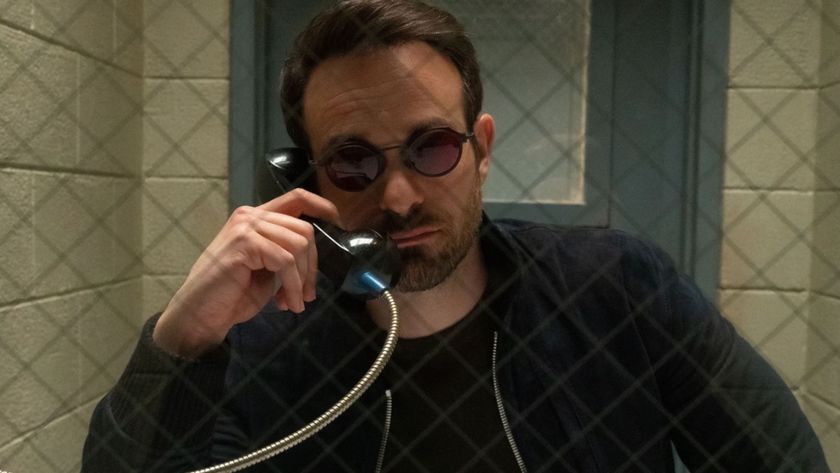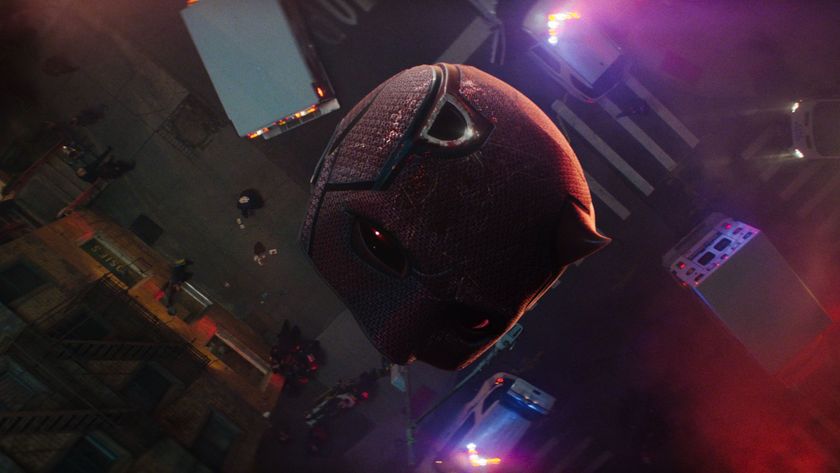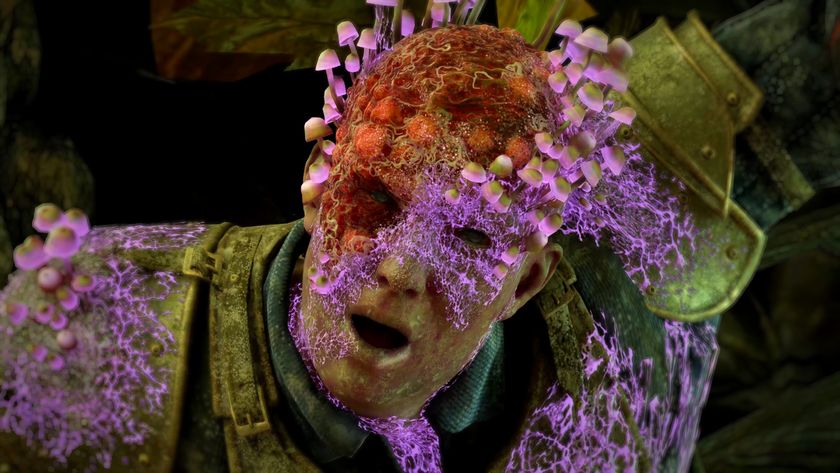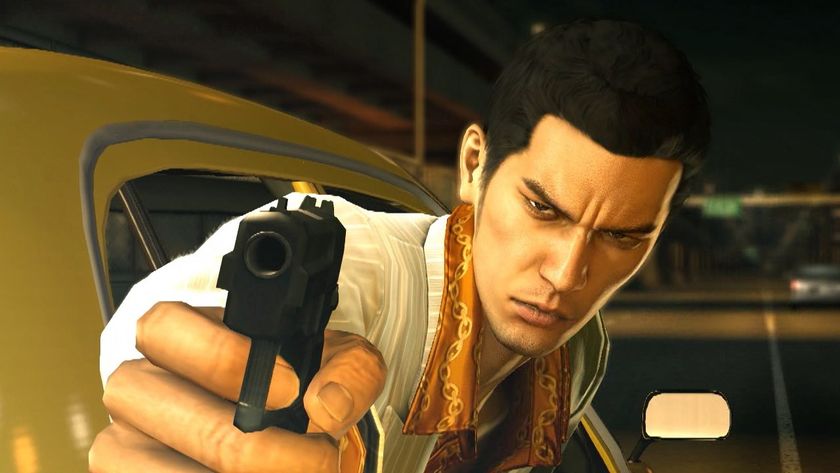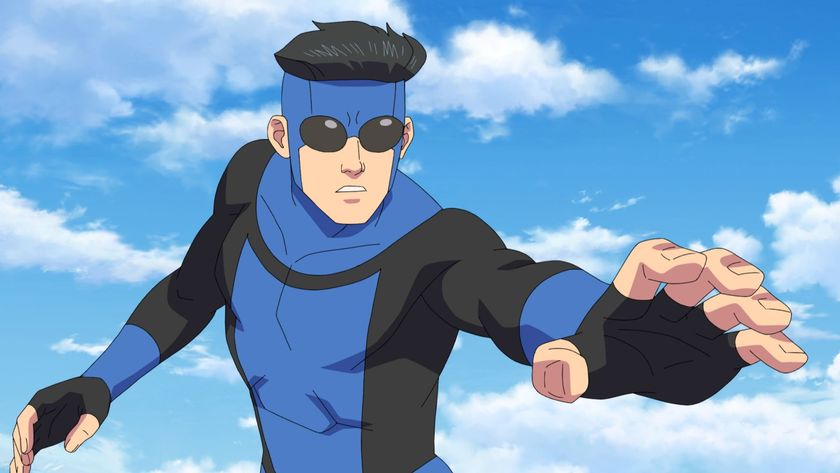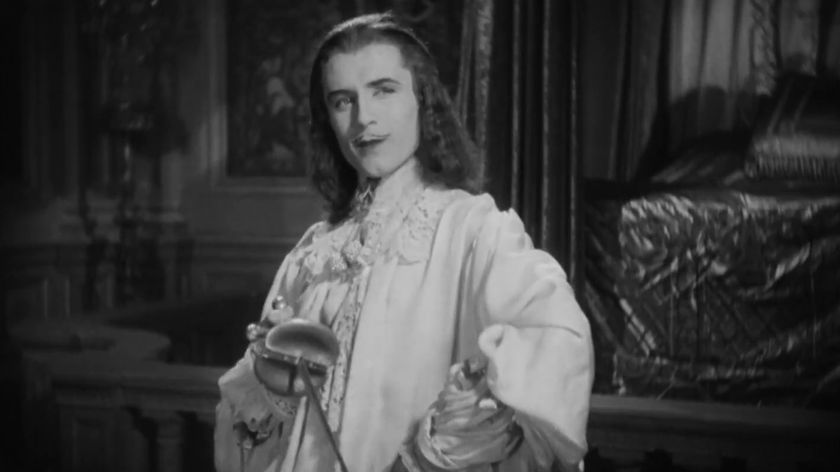In SFX recently we've been considering franchise fiction, and the creation of shared universes. For instance, the spin-off Star Trek novels, or the Buffy comics, or the extended Star Wars universe in all its incarnations. Is it easy to be an author in one of these famous universes? Over the next few weeks, exclusively on the SFX website, we'll be publishing Q&As with professional writers who work in this area. First up, meet novelist Kevin J Anderson .
SFX: Let's get this one straight out of the way, franchise fiction is maybe regarded as not creative in the same way that 'original' novels are. What's your take on that?
Kevin J Anderson: "I always find it odd that if an author writes a script for a popular TV show (say, Star Trek or Torchwood) – an original story based in an existing universe using established characters – then that's considered respectable, even exciting. But if an author writes a novel for the same show – also an original story based in an existing universe using established characters – then that's somehow less creative or less respectable. I would argue that writing a 400-page novel is more difficult and creatively challenging than writing a 50-page script, and when the novel gets published, I can proudly take credit for every paragraph, every page. A script, on the other hand, is manhandled by dozens of other people involved in the show, including the director and actors, and by the time the episode airs, it may have little resemblance to the original script."
"Anyone who insists that a writer can't be 'creative' in an established universe must not have much of an imagination. Virtually every work of fiction must be set within an established universe – if my story is set in modern London, then I have a certain culture, street layout, climate, language, and history by which I have to abide. If I choose to write a story set in ancient Japan, then I have the constraints of history to deal with. Does it stifle my creativity as an author because I can't, say, have jet aircraft in medieval Japan? No, I learn the rules of that universe and I set my story within those boundaries. If I write a novel set in the American West, does it stifle my creativity because I can't have the characters encounter dinosaurs? (In science fiction, of course, both of those scenarios are indeed possible.)"
"Writing a story in the Star Wars universe, or The X-Files, or Dune, is no different than writing a story set in medieval Japan. I have to learn the universe, the characters, the rules, and then I write the best novel I can. I have written dozens of my own original novels and dozens of novels set in established universes – I find the work extremely satisfying."
SFX: What makes a good franchise novel? Are the rules slightly different from other novels?
KJA: "The most important thing to remember when writing in a media universe is that your readers will come to that book with certain expectations. They know the characters, they know the setup, and they already like the show. It's as if they're ordering a favourite dish at a familiar restaurant. The writer has to deliver on some very high expectations. You have to create a book that 'looks and feels' like the show, but you have to give the readers something more, a greater understanding of the characters, an exploration of the history."
SFX: Do fans expect different things of franchise novels?
KJA: "The writer has to remember that the readers of a tie-in book are usually very devoted fans, people who have much more than just a passing interest in the show or movie. And the writer has to treat the material with a great deal of respect – if you aren't a genuine fan of the original material, then you shouldn't accept the job. The fans can tell."
SFX: To what extent can you decide plotlines – does it vary from franchise to franchise?
KJA: "That varies widely from licensor to licensor. Some of them are very open and they trust their writers – when I worked for LucasFilm they allowed me a great deal of freedom. Other franchises are much more tightly controlled. As a writer, you have to be flexible and be willing to work with many different constraints. (For instance, your story might have to be revised so as not to conflict with an upcoming episode, or because a new toy line has chosen certain costume designs)."
Sign up to the SFX Newsletter
Get sneak previews, exclusive competitions and details of special events each month!
SFX: How do the commissioning and editing processes work?
KJA: "Again, that varies widely. For the most part, a licensor approaches you – the Star Wars people called me after reading my original novels, the X-Files people called me after reading my Star Wars novels, and so on. After I submit my outlines, I receive comments and approvals from the licensor, then I write the book based on that outline. I may have to do some revisions – but that happens with my original novels as well."
SFX: Do your 'original' work and your franchise work feed off each other?
KJA: "Absolutely. I have seen a dramatic increase in sales of my original novels. My Jedi Academy trilogy became the top three bestselling science fiction novels of the year, and that same year my original novel, Assemblers Of Infinity (with Doug Beason) was nominated for the Nebula Award. My Dune novels with Brian Herbert have all been international bestsellers. And my original epic, The Saga of Seven Suns, has also hit international bestseller lists. From my fan mail, I see that the main readership from Seven Suns comes directly from the people who were introduced to my work by Dune and Star Wars. Even though I've been very prolific with my franchise novels, I never stopped writing my original work. It's the best of both worlds."
SFX: Anything else you'd like to add?
KJA: "It's worth mentioning a significant distinction between a 'novelisation' and a 'tie-in novel' – in a novelisation, the writer receives a copy of the shooting script of a movie or TV show, then converts that story (scene by scene, with every line of dialog) into fiction prose. There's not much flexibility, and only in rare circumstances is the novelising author allowed to add new scenes or really dig deep into a character's background or inner thoughts. If the movie doesn't make sense, then the novelisation won't make sense, no matter how brilliant the author is. A 'tie-in novel' on the other hand is an original story set in an existing universe, and the licensor often grants the author a lot of latitude to explore new adventures. Labelling all novels based on a movie or TV show as 'novelisations' shows little understanding of what sort of work is involved."
SFX: Thanks Kevin!
There will be more interviews about media fiction over the course of the next few weeks, so you might want to bookmark our features section . Remember you can read features on this subject in SFX 170 (on sale now) and 171 (on sale from Wednesday 4 June).
Words: Jonathan Wright
SFX Magazine is the world's number one sci-fi, fantasy, and horror magazine published by Future PLC. Established in 1995, SFX Magazine prides itself on writing for its fans, welcoming geeks, collectors, and aficionados into its readership for over 25 years. Covering films, TV shows, books, comics, games, merch, and more, SFX Magazine is published every month. If you love it, chances are we do too and you'll find it in SFX.

